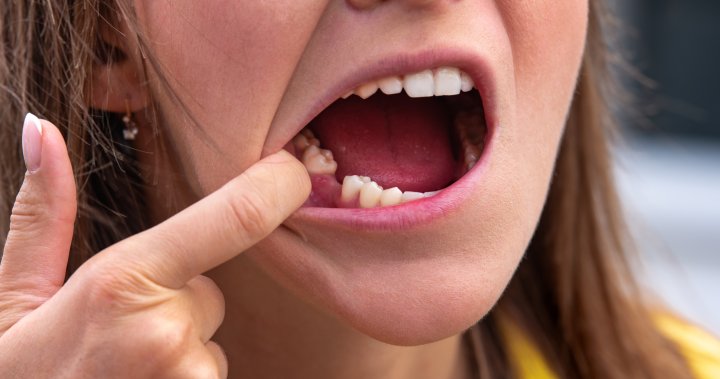Can We Regrow Our Teeth? Scientists Conducting Groundbreaking Trials
The prospect of regrowing our own teeth may soon become a reality, thanks to a team of scientists led by a pioneering Japanese pharmaceutical startup. These researchers are on the verge of commencing human trials for a revolutionary drug that has displayed promising results in growing new teeth in animal subjects.
It has been five years since Toregem Biopharma successfully regrew teeth in mice, and they are now scheduled to begin clinical trials in July next year, as reported by the Japan Times.
Dr. Katsu Takahashi, the project’s lead researcher and head of the Dentistry and Oral Surgery Department at the Medical Research Institute Kitano Hospital, expresses his excitement, saying, “The idea of growing new teeth is every dentist’s dream.” He has dedicated years to this research, starting from his time as a graduate student. “I was confident I’d be able to make it happen,” he disclosed in an interview with the Mainichi, a renowned Japanese news site, earlier this year.

Understanding the Research
Dr. Takahashi’s research, carried out at Kyoto University since 2005, revolves around a specific gene found in mice that has a significant impact on the growth of their teeth. This gene, known as USAG-1, can promote tooth growth when its effects are suppressed. Scientists have consequently focused on developing a “neutralizing antibody medicine” that can block the USAG-1 gene.
After conducting successful experiments on mice, the team proceeded to replicate those positive results in ferrets – mammals that share a similar dental pattern with humans.
Gearing Up for Human Trials
The next phase of testing involves healthy adult humans. If these trials yield positive outcomes, the team plans to initiate clinical trials for children between the ages of two and six who suffer from anodontia, a rare genetic disorder characterized by the absence of six or more baby and/or adult teeth.
During the clinical trial, as reported by the Japan Times, the participating children will receive a single dose of the drug to observe its effectiveness in inducing teeth growth. Successful results could pave the way for regulatory approval by 2030.
A New Option for Dental Health
Dr. Takahashi envisions a future where tooth-regrowth medicine becomes a viable alternative to dentures and implants. He hopes that this breakthrough medicine will offer an additional choice for individuals who have been unable to achieve a full set of teeth through conventional means. “In any case, we’re hoping to see a time when tooth-regrowth medicine is a third choice alongside dentures and implants,” Dr. Takahashi stated in an interview with Mainichi.
© 2023 Global News, a division of Corus Entertainment Inc.
Denial of responsibility! Vigour Times is an automatic aggregator of Global media. In each content, the hyperlink to the primary source is specified. All trademarks belong to their rightful owners, and all materials to their authors. For any complaint, please reach us at – [email protected]. We will take necessary action within 24 hours.


